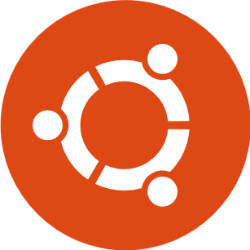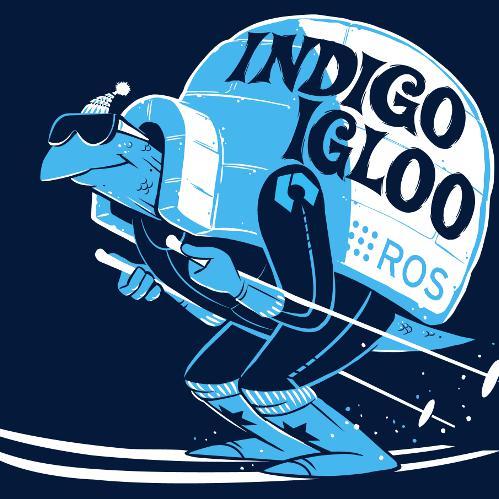Autonomous vehicles have been rapidly developed as demand that provides safety and efficiency in transportation systems. As autonomous vehicles are designed based on open-source operating and computing systems, there are numerous resources aimed at building an operating platform composed of Ubuntu, Autoware, and Robot Operating System (ROS). However, no explicit guidelines exist to help scholars perform trouble-shooting due to incompatibility between the Autoware platform and Ubuntu operating systems installed in autonomous driving systems-equipped vehicles (i.e., Chrysler Pacifica). The paper presents an overview of integrating the Autoware platform into the autonomous vehicle's interface based on lessons learned from trouble-shooting processes for resolving incompatible issues. The trouble-shooting processes are presented based on resolving the incompatibility and integration issues of Ubuntu 20.04, Autoware.AI, and ROS Noetic software installed in an autonomous driving systems-equipped vehicle. Specifically, the paper focused on common incompatibility issues and code-solving protocols involving Python compatibility, Compute Unified Device Architecture (CUDA) installation, Autoware installation, and simulation in Autoware.AI. The objective of the paper is to provide an explicit and detail-oriented presentation to showcase how to address incompatibility issues among an autonomous vehicle's operating interference. The lessons and experience presented in the paper will be useful for researchers who encountered similar issues and could follow up by performing trouble-shooting activities and implementing ADS-related projects in the Ubuntu, Autoware, and ROS operating systems.
翻译:暂无翻译




